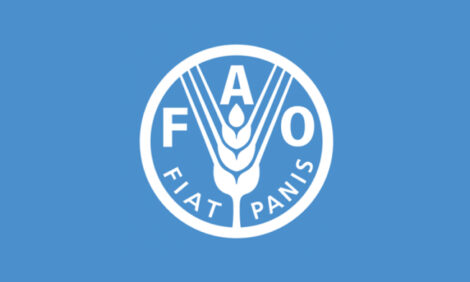



No Cap Deal Could Delay Reform for Years
EU - Copa and Cogeca Presidents warned EU Farm Ministers in Dublin today that if no agreement on Common Agricultural Policy (CAP) reform is reached by June, a deal could be delayed for years, increasing the instability for EU farmers and agri-cooperatives.The move came as EU Farm Ministers discussed the issue at their informal meeting. Speaking at the meeting, Copa President Gerd Sonnleitner underlined the need for a final agreement by June to enable the new CAP to be introduced in 2014, albeit with a transitional period.
He pointed out that an agreement is important not only for farmers and the agricultural sector, but for Europe as a whole.
“The farm sector has played a very positive stabilising role over the last few years of crisis. We must ensure it continues to do so”.
A positive and rapid decision between the three institutions is crucial to enable farmers and cooperatives to get on with their production and investment plans.
He insisted that much more flexibility should be in incorporated into the “greening” measures under CAP reform and he fully supports EU Farm Ministers position that measures deemed to be equivalent are authorised.
This possibility must be available to all farmers throughout the EU, he said.
Commissioner Ciolos believes it must be done in a simplified manner and he is ready to analyse it: “With scarce resources, the rate for reducing the amount of land available for production should not go above three per cent and farmers should be able to cultivate environmentally friendly crops on this area," he added.
Copa-Cogeca also opposes any transfer of funds from the first to the second pillar, since the reform package will already cut some farmers income substantially and this would make it worse.
Mr Sonnleitner went on to insist on the need for CAP simplification, warning that if it becomes any more complicated it will not only need a health check, it will need surgery.
Cogeca President Christian Pees highlighted the vital need to strengthen the role of producer organisations, pointing out that recent EU Commission reports show that producer organisations, like cooperatives, can help farmers get a better price for their produce.
A step in the right direction is the proposal to extend product coverage for recognition of producer organisations (POs). More efficient tools to regulate the market and reduce the extreme volatility is also crucial.
The EU reference prices for beef, dairy, rice and olive oil must be updated to take account of higher input prices. Other priorities include keeping EU sugar production quotas until 2020 and maintaining planting rights in the EU wine sector.
Wrapping up, Mr Pees underlined the need to strengthen the economic position of farmers and agri cooperatives to meet the challenges ahead: “This is crucial given the increasing challenges facing farmers and cooperatives like extreme volatility on agricultural markets, bad weather conditions. With the EU renowned for his its quality produce and wide diversity of regional specialities, let’s use the CAP to ensure that we profit from the opening of markets rather than having to be on the defensive."
TheCattleSite News Desk


